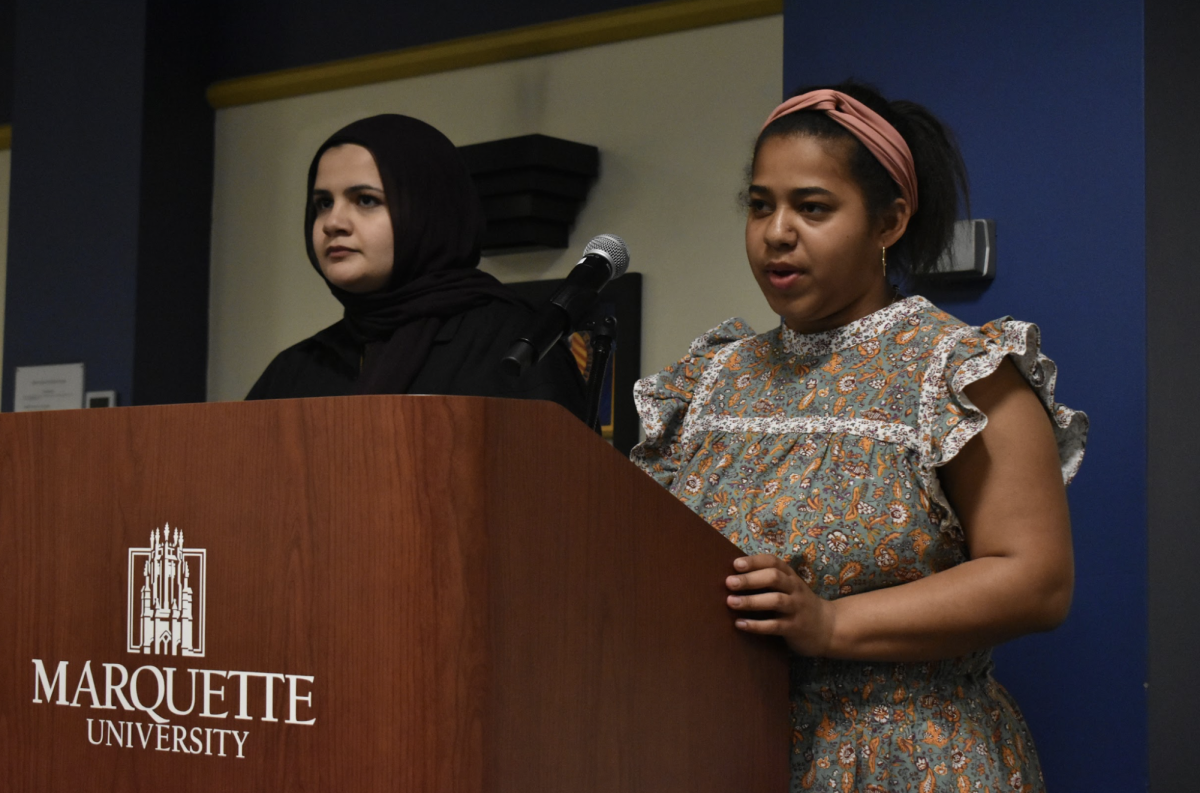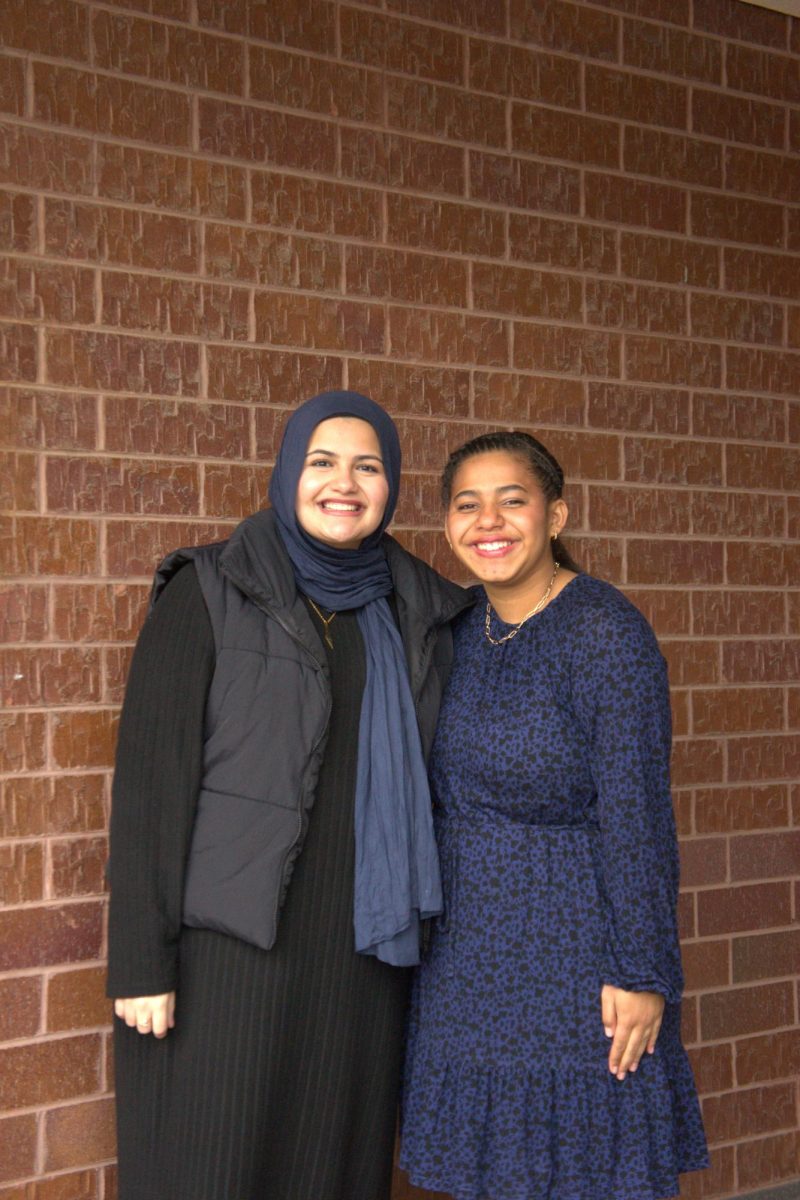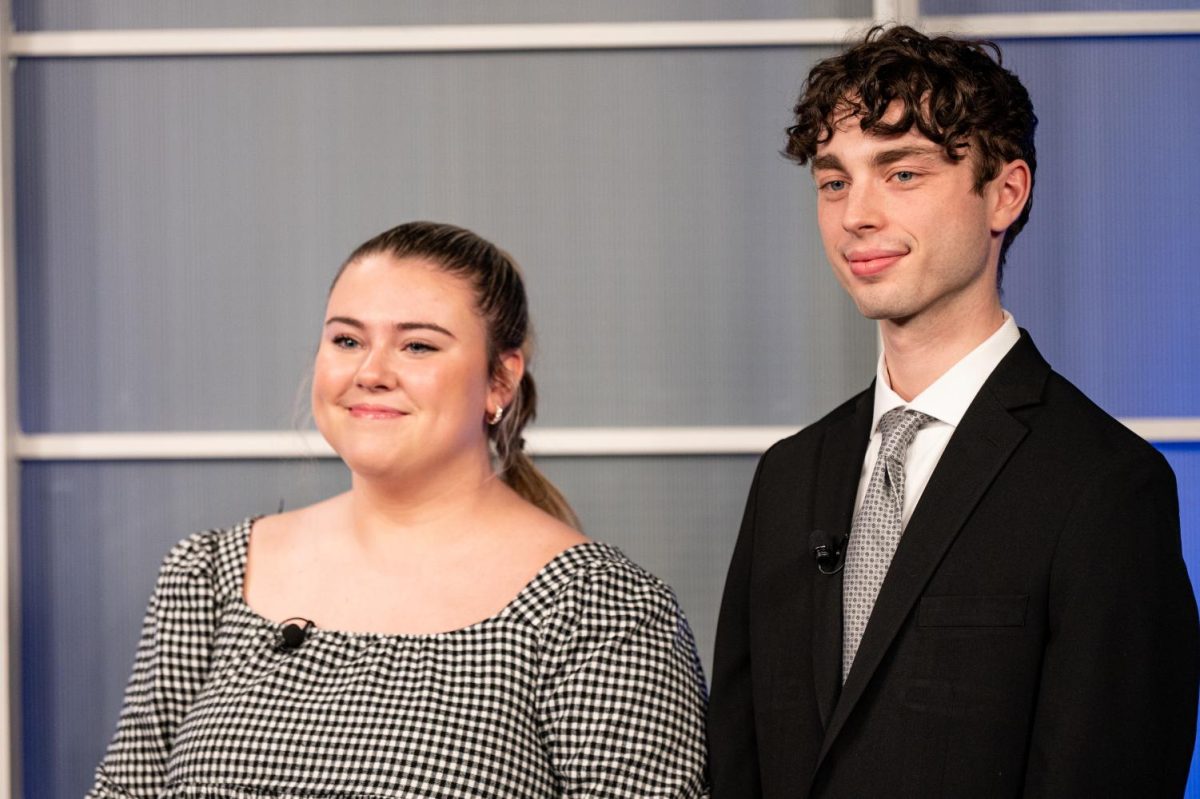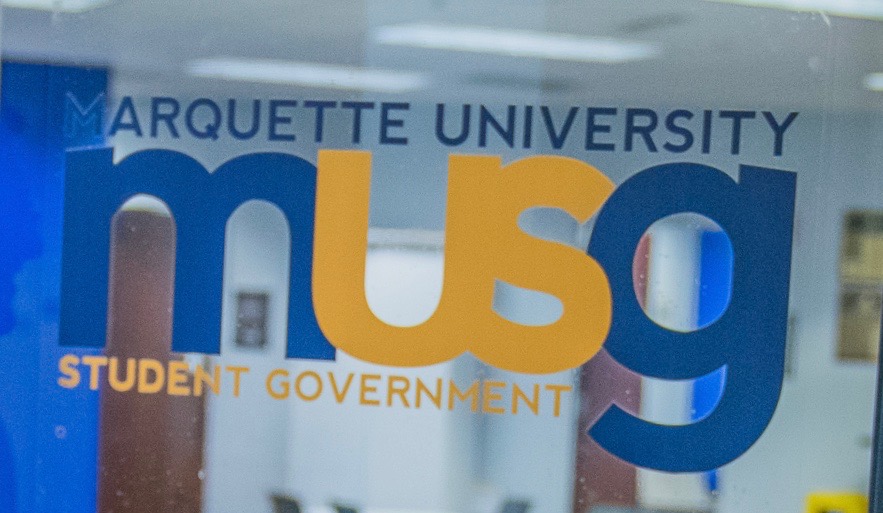Last week Marquette Student Government unanimously passed the campus-wide tobacco-free policy that has been bouncing around for the past few years. The policy, which prohibits the use of any tobacco products on campus, is patronizing and insulting.
For those who have yet to read the new policy, it bans students, faculty, staff, contractors, vendors and visitors from using any tobacco product on Marquette’s campus, in its buildings, at outdoor athletic events and in university vehicles.
The policy applies to all tobacco products including: “any lighted cigarette” and “smokeless, spit or spit less, dissolvable, or inhaled tobacco products; including but not limited to dip, chew, snuff or snus, in any form (orbs, sticks pellets, etc.).”
It also bans any university-sponsored publication from using nicotine or tobacco product advertisements. It does allow tobacco use for religious purposes and on city sidewalks. The policy takes effect August 1.
The main argument in favor of the policy seems to be that as a Jesuit university, Marquette believes in Cura Personalis, or “care for the whole person.” This includes its students’ and employees’ health.
Let us take this Cura Personalis argument, then, to its inevitable and logical conclusion: Marquette should ban alcohol. We should make Marquette a dry campus and close any restaurant, bar and store that serves alcohol. After all, according to the National Institute on Alcohol Abuse and Alcoholism, college drinking is responsible for nearly 1,825 student deaths, 696,000 assaults by another student who was drinking and nearly 97,000 sexual assaults. It also contributes to academic and social problems.
Of course, nobody would seriously consider this. Then why do we treat tobacco differently?
Nowhere in the MUSG policy is it clarified how these new rules will be enforced. Will MUPD patrol the dumpsters behind the AMU to catch an employee on a smoke break? The only solution MUSG offers is the campus wide proliferation of “tobacco-free campus” signs that will no doubt find themselves decorating the homes and apartments of students in a matter of weeks.
The policy makes no mention of consequences for violating this policy. Can professors lose their jobs? Will students be fined? Can vendors lose their contracts? There are more questions than answers.
Without any clear explanation of its implementation strategies or consequences for violating the policy, I am at a loss to understand how this will be effective, especially if the goal is to reduce smoking among Marquette students and staff. All this does is make it slightly less convenient to smoke if you live or work on campus.
The only impact I foresee is more places on campus becoming like the ELS Language Center on 19th and Wisconsin. As many as two dozen students will smoke at once on the city sidewalk in front of the building, creating a giant plume of tobacco smoke that is uncomfortable to walk near. By forcing smokers onto the sidewalks, MUSG is actually increasing the likelihood of exposure to second hand smoke.
I’m a nonsmoker, and I believe all tobacco poses serious and unnecessary health risks. I don’t have a problem with MUSG educating students about smoking’s harmful effects, just the idea that making it more difficult to smoke will somehow decrease its prevalence.
Like tobacco spokesman Nick Naylor said in the 2005 film “Thank You For Smoking,” “It’s called education, and it doesn’t come on the side of a cigarette carton. It comes from our teachers, and more importantly our parents.”






Vincent C Bryant • Feb 28, 2017 at 6:17 pm
I’m not a student nor do I live there. I don’t smoke or drink, although I used to do both.
I happen to agree with the author on this matter. It is refreshing to see such honesty.
Smoking is a bad thing and I hope no kids start smoking.
At the same time, alcohol causes far more overall problems. Sure people die from smoking. My father died from smoking and I held him as he took his last breath. Alcohol torments the user and their loved ones. For the record, I believe adults should be able to do with their bodies as they like. Certain times we must conform to fit into the situation we are in. In other words, it is impolite to smoke in a room of other people.
Yet to say a person can’t smoke outside in the open air is oppressing ones liberty. Smoking outside in the open air cannot be argued as a second hand smoke risk. Neither can a ban on smokeless tobacco be said to hurt the health of those around the user.
Therefore, we must assume the ban is for the benefit of the users health. Once we cross that line where do we stop? Ban sugared soft drinks? Ban sugar free soft drinks? How about banning certain brands of bottled water because they don’t contain enough minerals or their plastic bottle contain the wrong chemicals? More than one drink of alcoholic beverages is said to be harmful. Why not at least set a one drink limit? When do we say a person is living healthy? Maybe put in a gym and require everyone to exercise an hour a day? Or maybe an hour and a half?
As an ex-smoker I can tell you that smoking has a stigma attached to it. That stigma is where bans like yours are born from. It has zero to do with your or the users health. Once an activity “you” take part in is attacked, only then will you care.